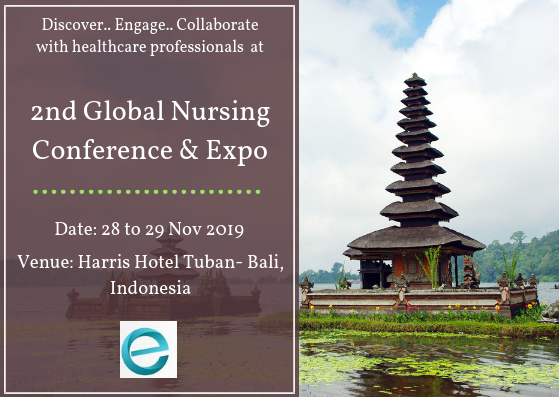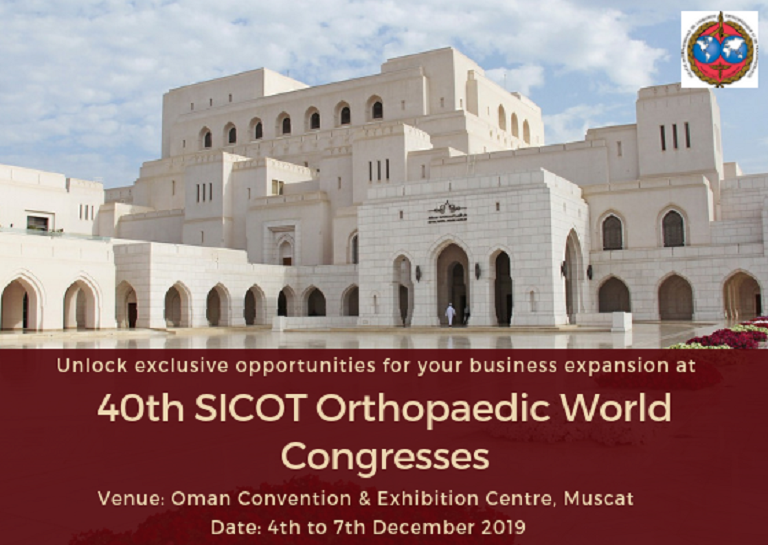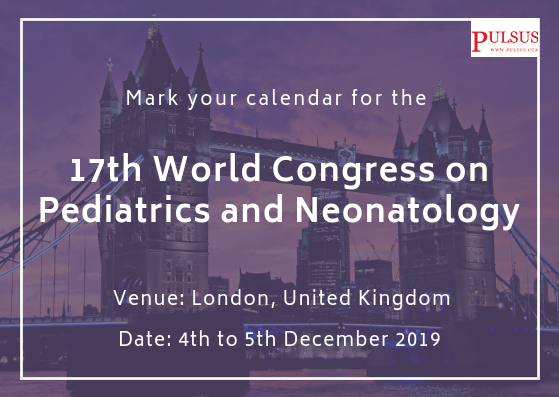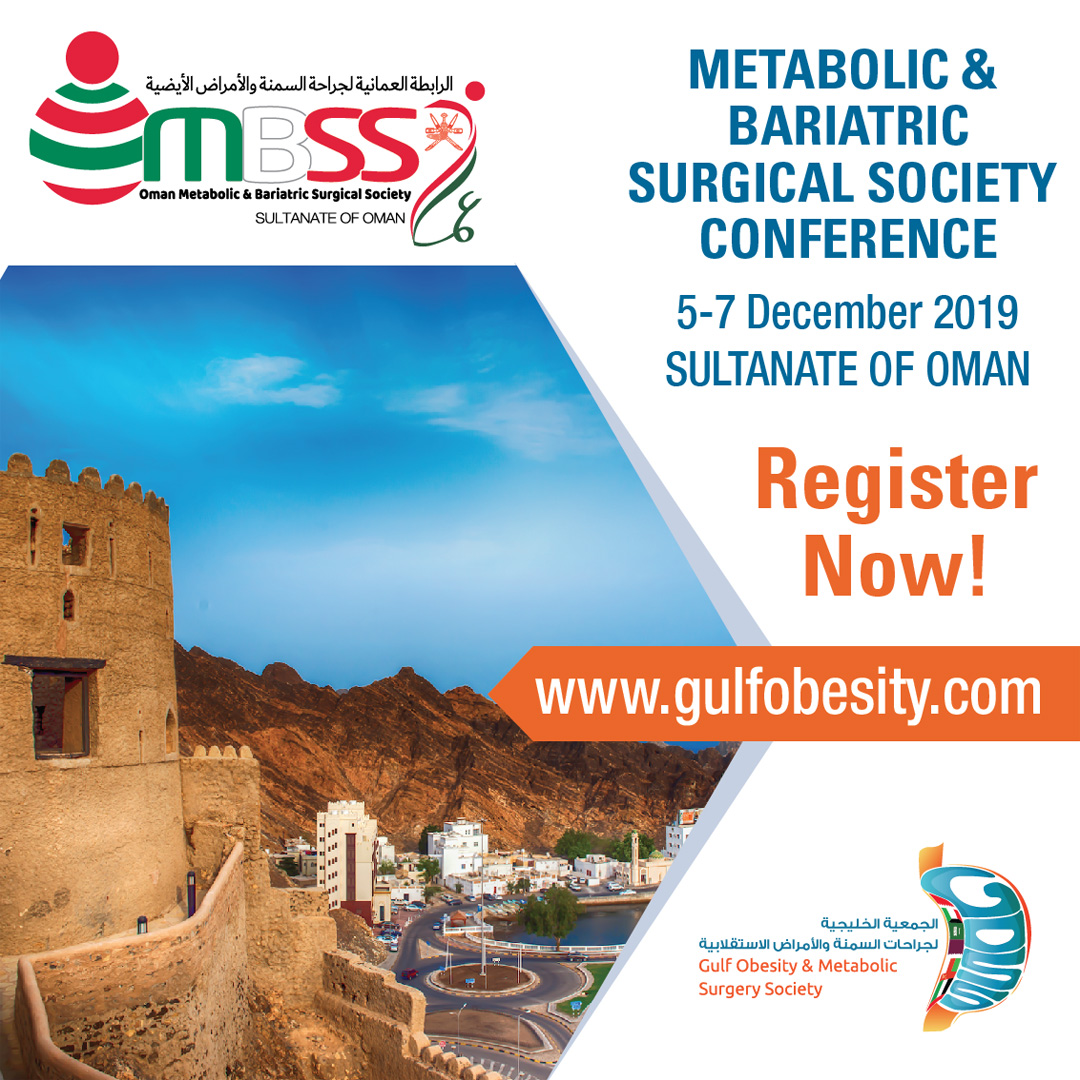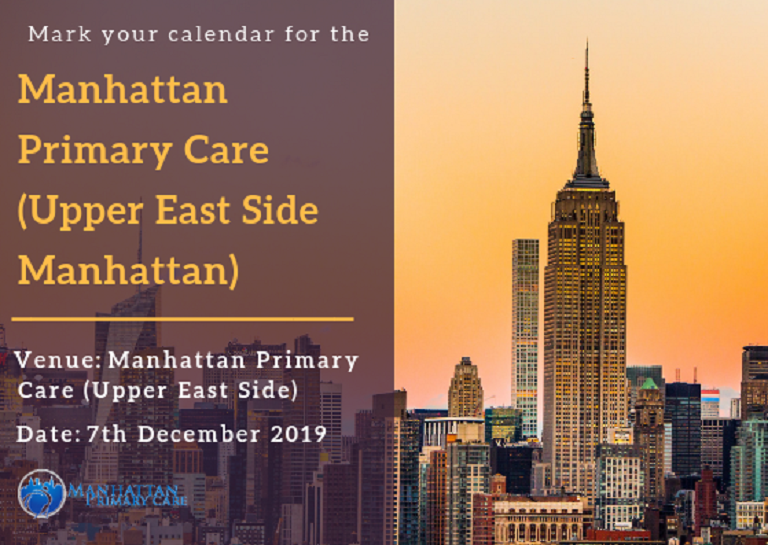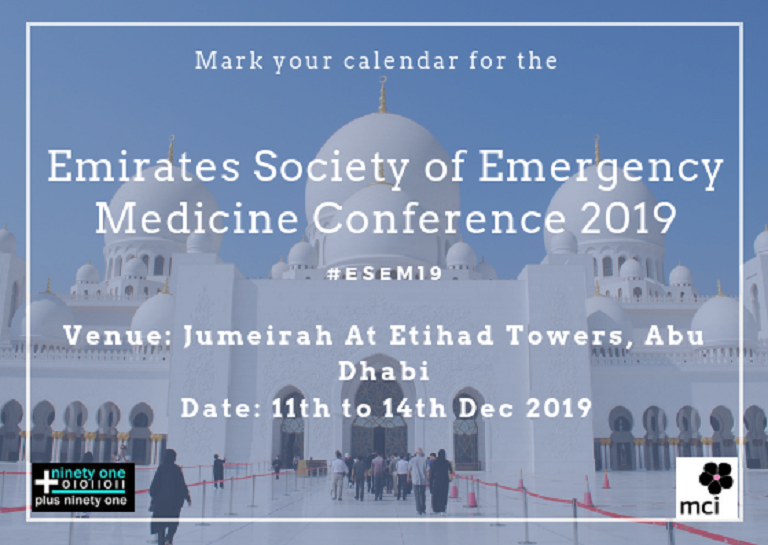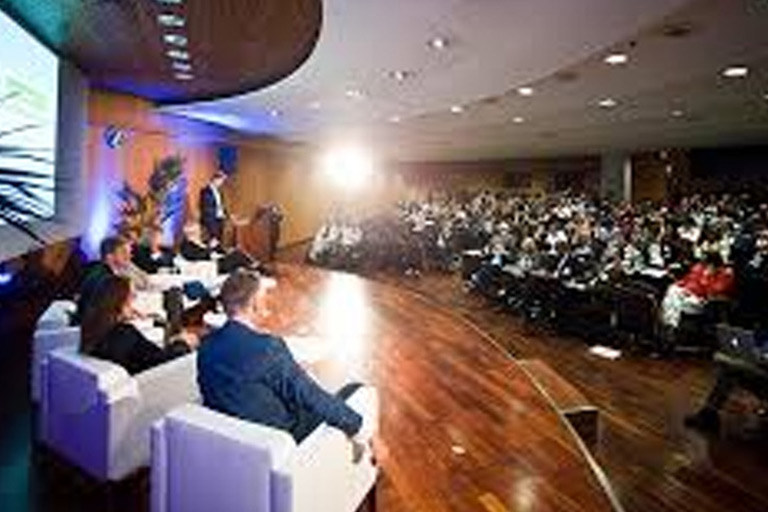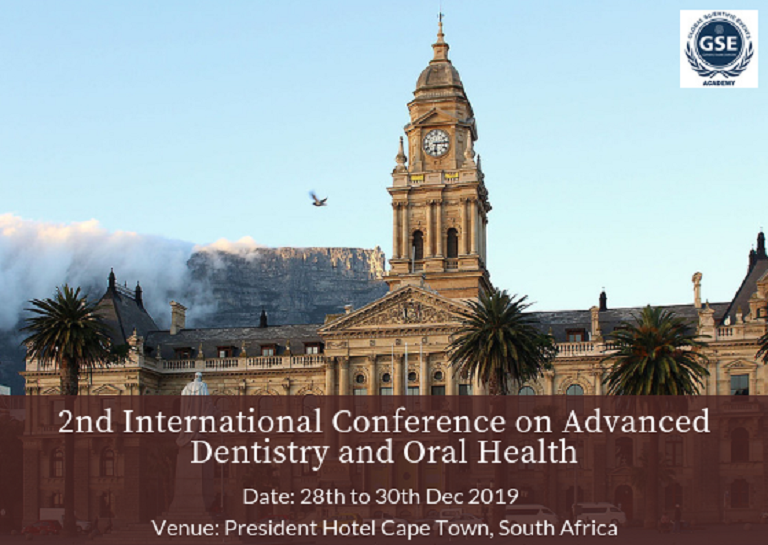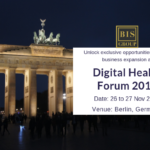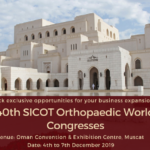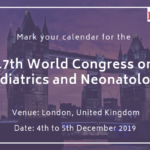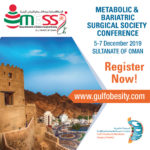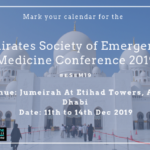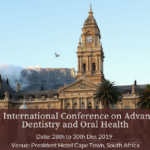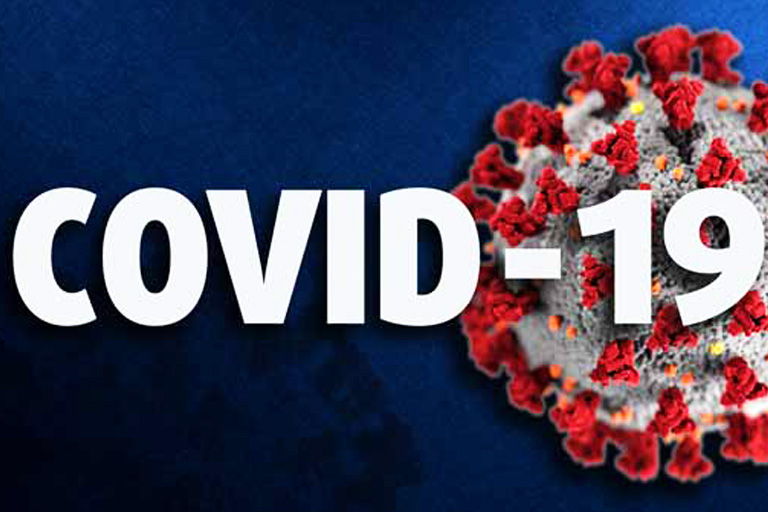Six months ago, in the city of Wuhan in China, doctors were receiving patients with symptoms of fever, cough, sneezing and malaise. What started as a trickle gradually became a stream and doctors soon realised that it was something infectious and called it pneumonia of unknown origin based on the symptoms of the infected persons.
Nomenclature
Later, doctors realized that it was an infectious condition caused by a virus unknown to humans till then but was similar to the corona virus that caused SARS (Severe Acute Respiratory Syndrome) in 2003 in China and MERS (Middle East Respiratory Syndrome) in Saudi Arabia in 2012. Since it was new but similar to the corona virus, it was called as novel corona virus and later labelled by the WHO and ICTV as SARS-CoV-2.
Corona viruses are so named because of the spikes on their surface which look like the solar halo when seen under an electron microscope. Corona viruses cause mild to severe illness of the respiratory system in birds, mammals, reptiles and humans. The disease caused by SARS-CoV-2 is referred to as COVID -19, 19 denoting the year 2019 in which it was discovered.
The Source
SARS-CoV-2 is believed to have originated in some animal and transmitted to humans through an intermediate animal host. Genetic structure of the SARS-CoV- 2 is similar to the corona virus found in bats, snakes and pangolins. The Huanan wholesale seafood market has been considered by many public health researchers as the source from where this virus has been transmitted to human beings.
However, there are a section of researchers and scientists who say that the Huanan market is not the only source of this virus but could have accelerated the transmission. Some reports say that human to human transmission in Wuhan might have started somewhere in November 2019. Unless there is confirmation on the original source and the intermediary host it will not be possible to prevent the recurrence of such outbreaks again in the future.
Most wet markets have live or dead animals in close contact with human beings – chicken, pigs, dogs, cats, civets, donkeys, camels, foxes, hedgehogs, bamboo rats, snakes, fish, shrimp etc. Unhygienic surroundings coupled with stress and crowded places provide a perfect condition for the virus to jump from animals to human beings. SARS-CoV-2 originated in bats and transmitted to human beings through intermediary hosts like the pangolins or snakes.
Structure
The novel corona virus is roughly spherical in shape with bulbous projections from the surface. The protein component of the virus is called spike or S. The virus is ultramicroscopic, invisible to the naked eye and has an average diameter of 125 nanometre. It is an enveloped beta corona virus with a single-stranded RNA genome and helical nucleocapsid. China publicly shared the genome sequence of SARS-CoV-2 on January 12, 2020
Transmission
Covid-19 is transmitted among human beings through droplets that emanate when the infected person coughs, sneezes or speaks. Once the virus enters the body, the spikes on the virus surface attach to a receptor in the host cell, mutate and wreak havoc. The mouth, nose and eyes are the most common ports of entry of the virus in to the human body.
Epithelial cells are the target of attack of most corona viruses. Human corona virus attacks the respiratory tract epithelial cells while animal corona virus affects the epithelial cells of the digestive tract.
The first case of Covid 19 outside China was detected in Thailand on January 13, 2020. As of June 14, 2020, nearly 7.5 million cases of Covid 19 have been detected around the world and approximately 450,000 deaths have occurred.
Severity of Infection
80% of infected persons develop mild and moderate symptoms like fever, cough, sneezing, tiredness etc and become normal within a week to ten days without the need of hospitalisation.
People who suffer from chronic diseases like diabetes, hypertension, cardiac problems, lung diseases, cancer etc are at a greater risk as covid-19 could further compromise their already weakened immune system leading to hospitalisation, mechanical ventilation and intensive care. Fatalities are most likely to occur in people of advanced age and those suffering from chronic diseases.
Covid -19 has a fatality rate of 5-6% of the infected population, relatively less than SARS and MERS. Only about 1 in 5 patients detected with Covid-19 develop severe symptoms like heaviness of chest, laboured breathing, chest pain, etc. and require admission to the intensive care unit (ICU) of a hospital.
Symptoms
The most common symptoms found in almost 80% of suspected covid-19 infected cases are:
Fever
Dry cough Tiredness
Sneezing and/or running nose
Other symptoms which are less common are nasal congestion, headache, conjunctivitis, sore throat, skin rash or discolouration of fingers or toes, loss of he sense of taste and/or smell etc.
Elderly people and people suffering from chronic diseases like diabetes, and serious illness like cancer, renal failure, etc must immediately contact an emergency health service provider or rush to a hospital if they experience difficulty in breathing, heaviness of chest, fever and/or cough and loss of movement and/or speech.
Diagnostic Testing
There is no confirmatory diagnostic technique as on date for detecting covid-19 but there are various methods in use around the world. However, molecular testing i.e. RT – PCR (reverse transcriptase – polymerase chain reaction) is the test that is recommended by the WHO for establishing covid-19 infection in an individual.
Rapid diagnostic tests (RDT) are in use in various countries. One type of RDT are based on the reaction of viral proteins from the swab (throat, sputum) collected from the respiratory tract of a suspected infected person. Another type of RDT are based on the detection of host antibodies in the blood/serum collected from a suspicious covid-19 case.
Symptoms of Kawasaki disease and toxic shock syndrome are being reported in some children and young adults in certain countries. Chest x-rays of most suspected covid-19 cases show ground glass opacity and blood reports show lymphocytopenia and thrombocytopenia. False negative and false positive cases are also common as the specificity and sensitivity of the tests that are being currently used are in the range of 45-80%. It is recommended to do repeated testing at periodic intervals to confirm that a suspected case is non infective.
Treatment
There is no specific treatment protocol devised as of today for treating suspected cases of covid-19. However, antiviral drug Remdesivir has proven to be effective in certain cases. Symptomatic treatment is suggested in mild to moderate cases with adequate rest, sleep and nutritious diet. In severe cases, supplemental oxygen support and mechanical ventilation is recommended.
Isolation of the infected persons and quarantining the suspected infectious cases and/or asymptomatic carriers is one strategy that has proven to be effective in tackling covid-19. Considering the low rate of infections in Asia, it has been hypothesised that BCG vaccination which is done in most Asian countries might have given some sort of immunity against the SARS-CoV-2.
Post-mortem studies were done on 38 patients who died of covid-19 in Northern Italy and also 12 patients in Germany. The histopathological findings were in line with that of diffuse alveolar disease but the significant feature was presence of platelet-fibrin thrombi in small arterial vessels that suggests coagulopathy. This should be the target of any therapeutics and/or therapy being devised for treating covid-19.
Prevention
As things stand today, there is no definitive knowledge about the virus and the disease. Our understanding of the virus has evolved over the last six months since it was first reported and is being updated on a daily basis.
The only available option is to take preventive measures from being infected. What we know for sure is that these virus particles are heavy, cannot stay in air for long and drop to the surface. Infection is only through droplets of saliva that come from infected persons when they speak, cough or sneeze.
The most important preventive measures are:
- Wash hands frequently with soap or with an alcohol based sanitizer to keep the virus
- Do not touch the face, mouth, nose and eyes with your hands
- Sneeze or cough into your elbow and use a tissue
- Maintain a distance of at least 6 feet from another person to avoid coming into contact with the virus from a probably infected
- Reduce contact with any tables, sofas, computers, stationery or other items in your office as droplets might settle and stay on a surface for anywhere from 3 hours to 3
- Work from home if your office
- Do not use public transport unless it is
- When travelling in public transport or moving around in public places, ensure that you wear a face mask and always maintain a distance of 6 feet from the other
- If contact with other people or surfaces cannot be avoided, ensure that you always wear disposable hand
- Doctors and other healthcare staff should always wear a PPE coat, visor, N- 95 or FFP mask and hand gloves as they come into close contact with infected or suspected infectious
- Minimise consumption of non-vegetarian food items. Eat plenty of fruits and vegetables.
- Avoid cigarette smoking and stop consumption of alcohol, gutkha, khaini and other tobacco
- Reduce or stop consumption of ice creams and soft
A weak immune system will make the body more susceptible to virus infection. So, ensure that you indulge in physical activity for at least 30-45 minutes in a day, eat a balanced nutritious diet and sleep for 6-7 hours daily.
“Trace, Test, Treat and Track” seems to be an effective strategy to prevent the spread of this virus as seen in South Korea which has implemented it successfully using technology and telecommunications.
Maintaining highest standards of personal hygiene, physical distance of at least six feet from other people and being active physically and mentally is the best way to prevent infection with this virus.
Vaccines
Around 100 teams around the world are currently working to discover a vaccine to prevent covid-19. The WHO has initiated a solidarity trial to expedite the process of finding a vaccine for the SARS-CoV-2 infection.
The development of vaccine is an expensive, complex and laborious process. However, in view of the extensive damage that covid-19 has caused to economies and people around the world, the United States FDA and health regulatory agencies of other countries have given permission to bypass the traditional methods in order to find a vaccine in the shortest possible time.
Safety and efficacy are the most important factors to look for in a successful vaccine. These can be established only after the completion of the three phases of clinical trials. Highly optimistic estimates expect a vaccine to complete the clinical trials and reach the market around December 2020 or the first half of 2021.
ROLE OF WHO
China reported the detection of novel corona virus on December 31, 2019 to the WHO. On January 30, 2020 the WHO declared covid-19 as a global health emergency and on March 11, 2020 as a pandemic as it had spread to about 140 countries in the world and all the continents except Antarctica.
A team of global health experts in the WHO coordinate with teams spread in various countries across the world to study and analyse the spread of this virus and develop a strategy to control its spread. It is also spearheading efforts around the world to develop drugs and vaccines to fight this novel corona virus.
There are multiple misconceptions, myths and misinformation being circulated especially in social media platforms regarding covid-19. The general public is advised to depend only on authentic sources like the WHO, US FDA, Centre for Disease Control, NIH, JAMA, AMA etc for proper guidance and information related to SARS-CoV-2.
Conclusion
Global pandemics have been affecting mankind since time immemorial. Covid-19 is another such pandemic and it will certainly not be the last. As the world becomes a global village with faster modes of transport and communication, it is time to introspect and make a paradigm shift in the way we consume natural resources.
As Mahatma Gandhi so rightly said “Nature has enough for our need, not for our greed”. “Go Green” is no longer a savvy slogan but should become a way of life.
From the houses we live, clothes we wear, products we use, food we consume, and the vehicles we drive – eco-friendly and sustainability should be an essential criteria for selection. Governments the world over should encourage such a lifestyle and ensure that we do not tamper nature and pass it on to our next generation as we have received it from our forefathers. Afforestation, rapid urbanisation, increasing pollution and climatic changes are wreaking the environment and leading to crisis on multiple fronts.
Despite all the science and technology at our disposal, it just took one pandemic to remind the world that here on Earth, we are at the mercy of Mother Nature. I strongly feel that this pandemic is divine intervention in disguise. It is time for all of mankind to pause, introspect and change course. Only time will tell whether we have learnt our lessons this time around.
Dr. K. Narayana Rao
Centre Head
Nova IVF

















